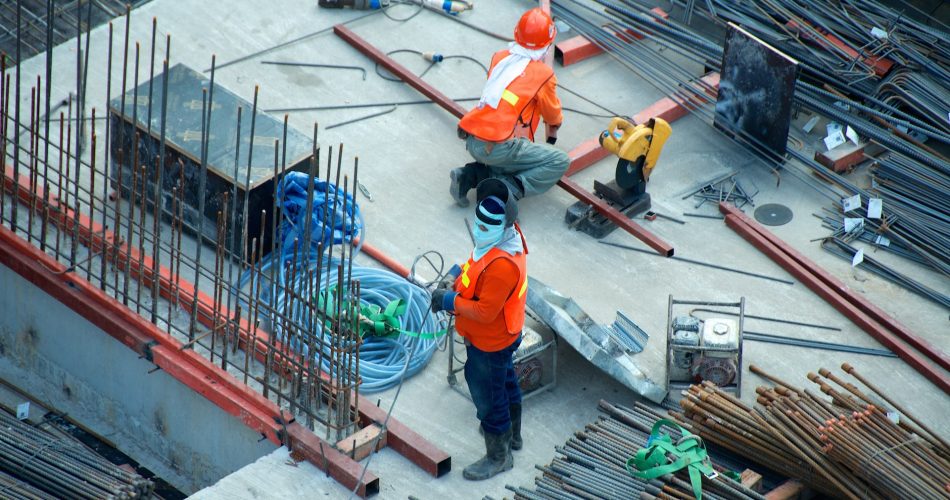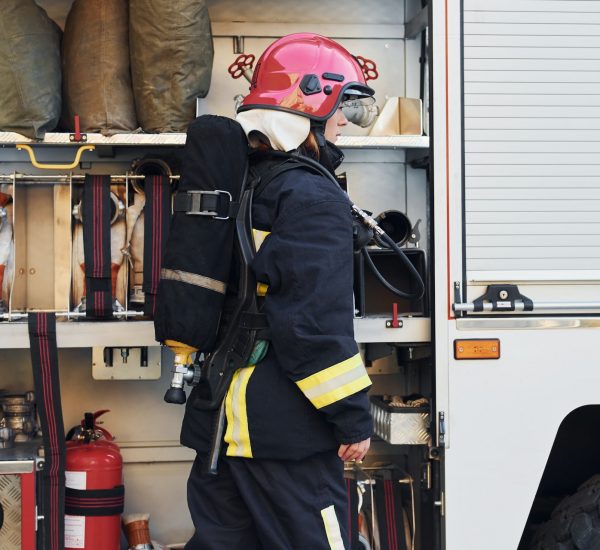There are plenty of factors you need to consider when bidding on a construction job. From a potential client’s qualifications to your budget and the number of workers needed, you’ll want to make sure you’re able to offer them the best possible deal. Here are a few tips to get you started.
Prepare a bid proposal
Having a good construction bid proposal is a must for any contractor. It outlines the project parameters and safe working conditions. A well-crafted bid will not only provide you with an edge in the competition, but also make it easier for your potential clients to see the value of your work.
While drafting a bid proposal, it is important to keep in mind that it needs to be tailored to the needs of the client. This includes a detailed description of the scope of the work, as well as time and costs. Also, your construction proposal must look professional. You can do this by following a few tips.
First of all, prepare a proposal that is easy to read. This is particularly important in construction, since it is a field that deals with unpredictable circumstances.
Set up a meeting with a potential client
In the construction world, you need to know a few things before you go bidding on a project. First, you need to set up a meeting with the client. Second, you need to understand what they are looking for in terms of functionality and quality. Once you have a grasp on what they are looking for, you can improve your chances of winning the job.

Image by Unsplash+
The best way to do this is to sit down and have a conversation. This could be in person, over the phone, or via email. You need to ask the right questions, and be prepared to answer. If you don’t, you could end up leaving the project in the hands of a competitor.
During the meeting, you should be able to ask them a few pertinent questions. For example, does the client have any concerns about scheduling or possible delays? Also, do they have a budget in mind?
Include testimonials in your bid
Testimonials are one of the best ways to get a foot in the door when you’re bidding on a construction project. They also help demonstrate how you can differentiate your company from your competitors. You can find a myriad of sites where you can peruse testimonials for free.
While you’re at it, don’t forget to do your homework. You want to include the most relevant testimonials in your bid, and ensure that they’re included in the proper order. A well-written testimonial will show that you’re the company to choose. Taking the time to do your research and include it in your bid will pay off handsomely down the road.
The most important thing to remember is that your construction project deserves a top-notch team. Identifying and leveraging the talents of your subcontractors is the key to a successful construction project.
Avoid arithmetic errors
Incorrect arithmetic can have devastating results on a bid. Math errors can throw off the whole bid amount. Luckily, there are a few tips that can help you avoid arithmetic errors when bidding on a construction job.
Creating an accurate bid is the most important step in a construction project. This can be difficult, though. It’s vital to ensure that you are fully informed about the specifications and other important aspects of the project.

Photo by Glenn Carstens-Peters on Unsplash
The Bill of Quantities is an essential document that sets the dimensions of all of the construction elements. While the bill may include measurements listed in written form, it’s still a good idea to make sure you are taking the measurements at the proper locations. If you’re not, you may find that you are calculating materials and labor quantities incorrectly.
Identify and evaluate potential risks
Identifying and evaluating potential risks during a construction job is a crucial task. By understanding what hazards may occur during the construction project, managers can focus on ways to avoid or minimize them. In addition, the risk assessment may also help develop key contract terms.
Before a construction project begins, managers should conduct a baseline risk assessment to identify risks that are a significant threat to the success of the project. The evaluation should also include a review of the project’s liabilities and the effectiveness of control systems.
Baseline risk assessments are comprehensive and cover all possible hazards that could affect the construction project. These include known and unknown risks. They must be identified, and a contingency plan must be implemented to address them.


